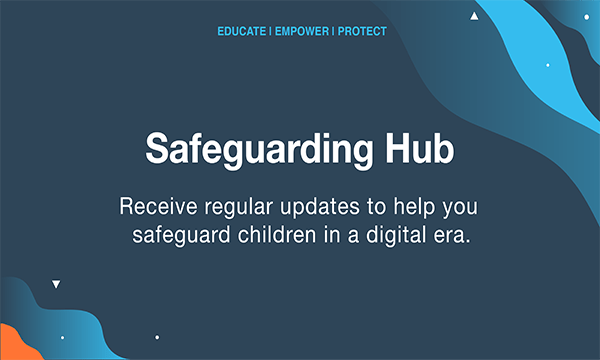Last Updated on 28th September 2023
Latest Update 17th June 2021:
Ofsted has warned UK schools that they need to act as though sexual harassment and online sexual abuse is happening to them – even if they haven’t been named on the Everyone’s Invited website. The education watchdog published the results of their rapid review of sexual abuse in schools and colleges on the 10th of June, 2021.
Our update brings you the key findings and additional service and guidance for tackling harmful sexual behaviour and peer on peer abuse in schools.
Ofsted Key Findings
Furthermore, the review states that ‘leaders should take a whole-school/college approach to developing a culture where all kinds of sexual harassment and online sexual abuse are recognised and addressed’ while also highlighting how Ofsted believe this can be achieved.
The report also includes a series of recommendations and actions for:
- Schools and College leaders
- Multi-agency partners
- Government
- Actions for the inspectorates
Statistics from ‘Review of sexual abuse in schools and colleges’
Out of those students surveyed by Ofsted:
Report Abuse in Education Helpline
The NSPCC has a free and anonymous helpline for children and young people who have experienced abuse at school or for adults, professionals who need support and guidance.
0800 136 663 – Monday to Friday – (8am-10pm) and weekends (9am-6pm)
A Safeguarding Update from the Head of Safer Schools
Context – Everyone's Invited
In the last number of months, we have been monitoring the situation with disclosures made on the Everyone's Invited website. After looking closely at the content on the site and listening to law enforcement agencies, we wanted to share our briefing note with you.
Although most disclosures have come from England, we think it's essential that all safeguarding professionals across the UK have access to this information.
We have provided you with a Focus on the Facts and four things you can do right now including a basic safeguarding checklist on harmful sexual behaviours.

Colin Stitt – Head of Safer Schools
An Update on the Facts:
Updated 16th June 2021
Four things you can do:
1. Culture – Creating, Shaping and Maintaining a Safeguarding First Culture
2. Communication – Ensuring Communication and Reporting Pathways are Signposted and Accessible
3. Complaints – Engaging with Established Reporting Procedures in Your School
Further Resources
Join our Safeguarding Hub Newsletter Network
Members of our network receive weekly updates on the trends, risks and threats to children and young people online.














